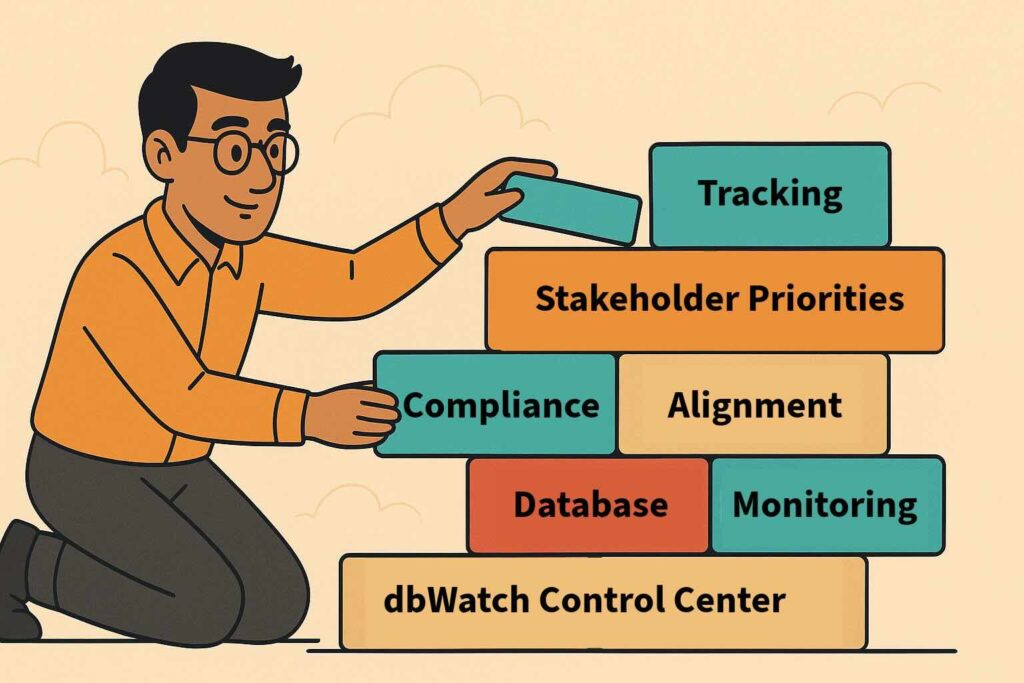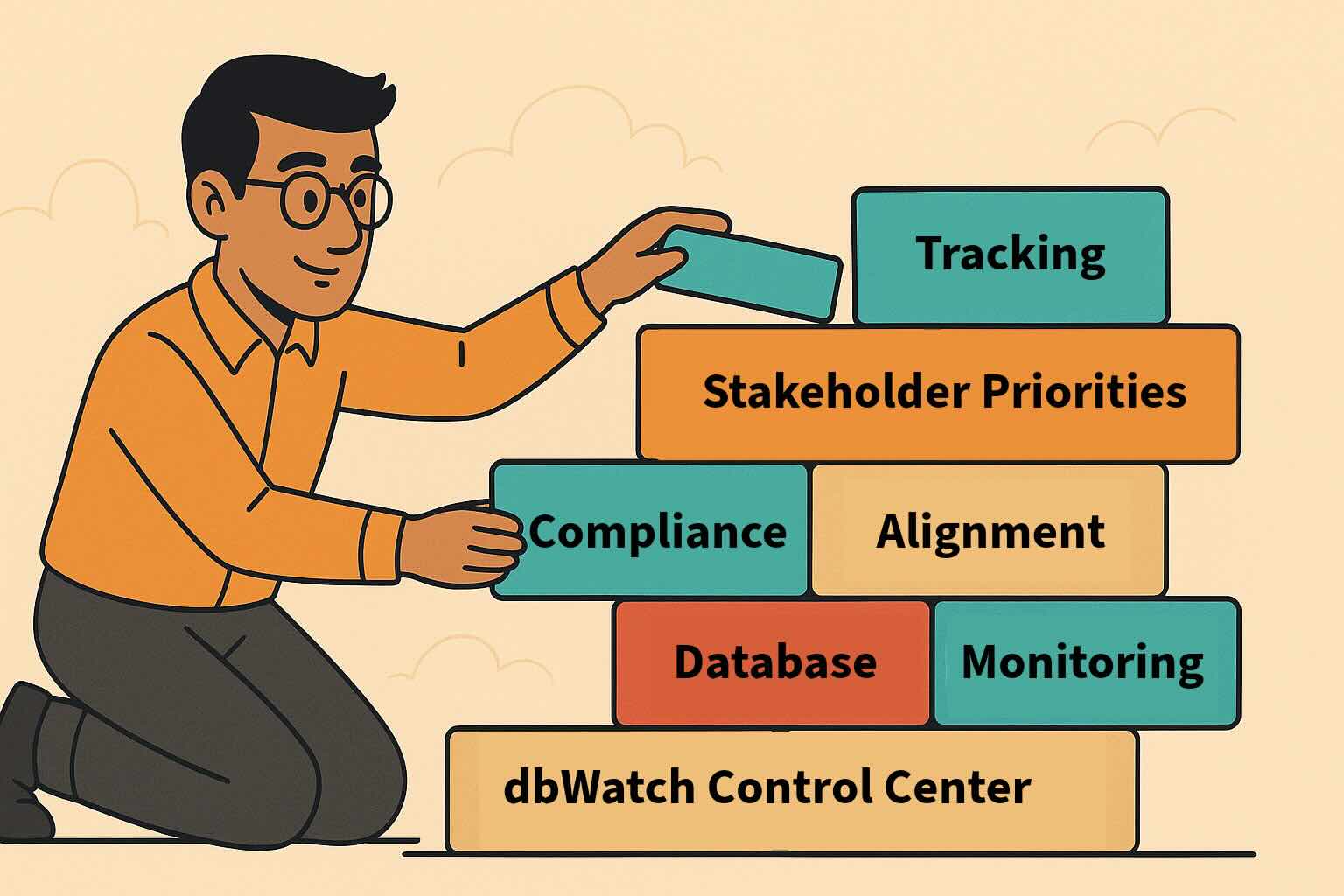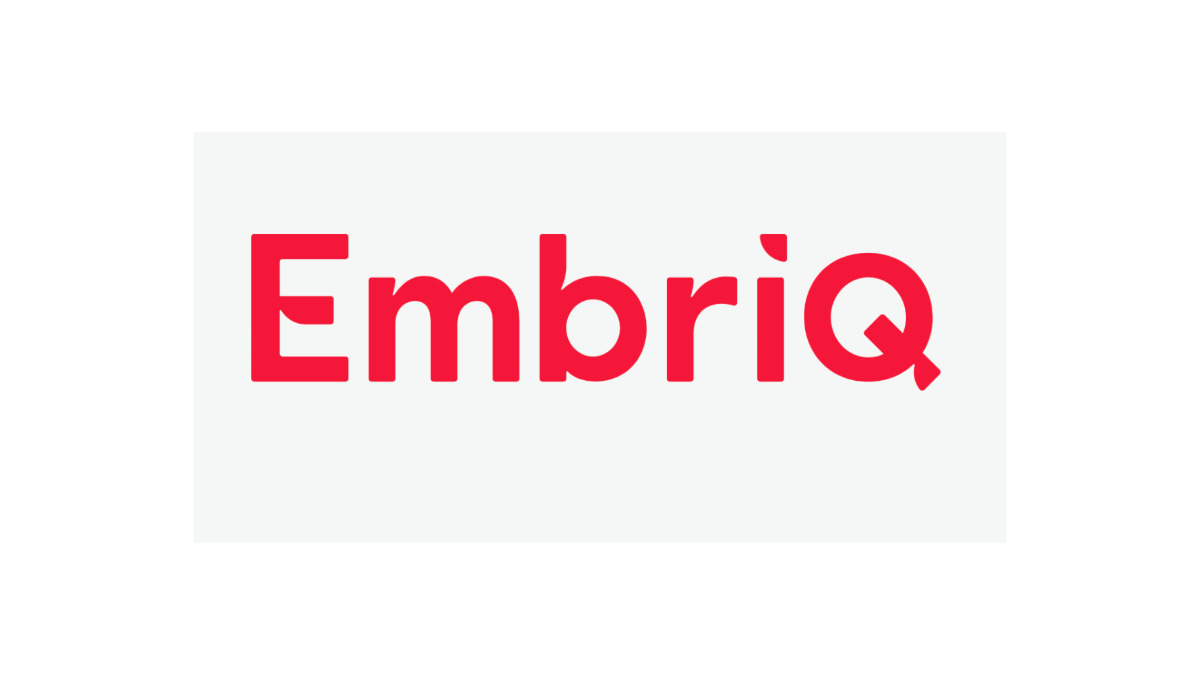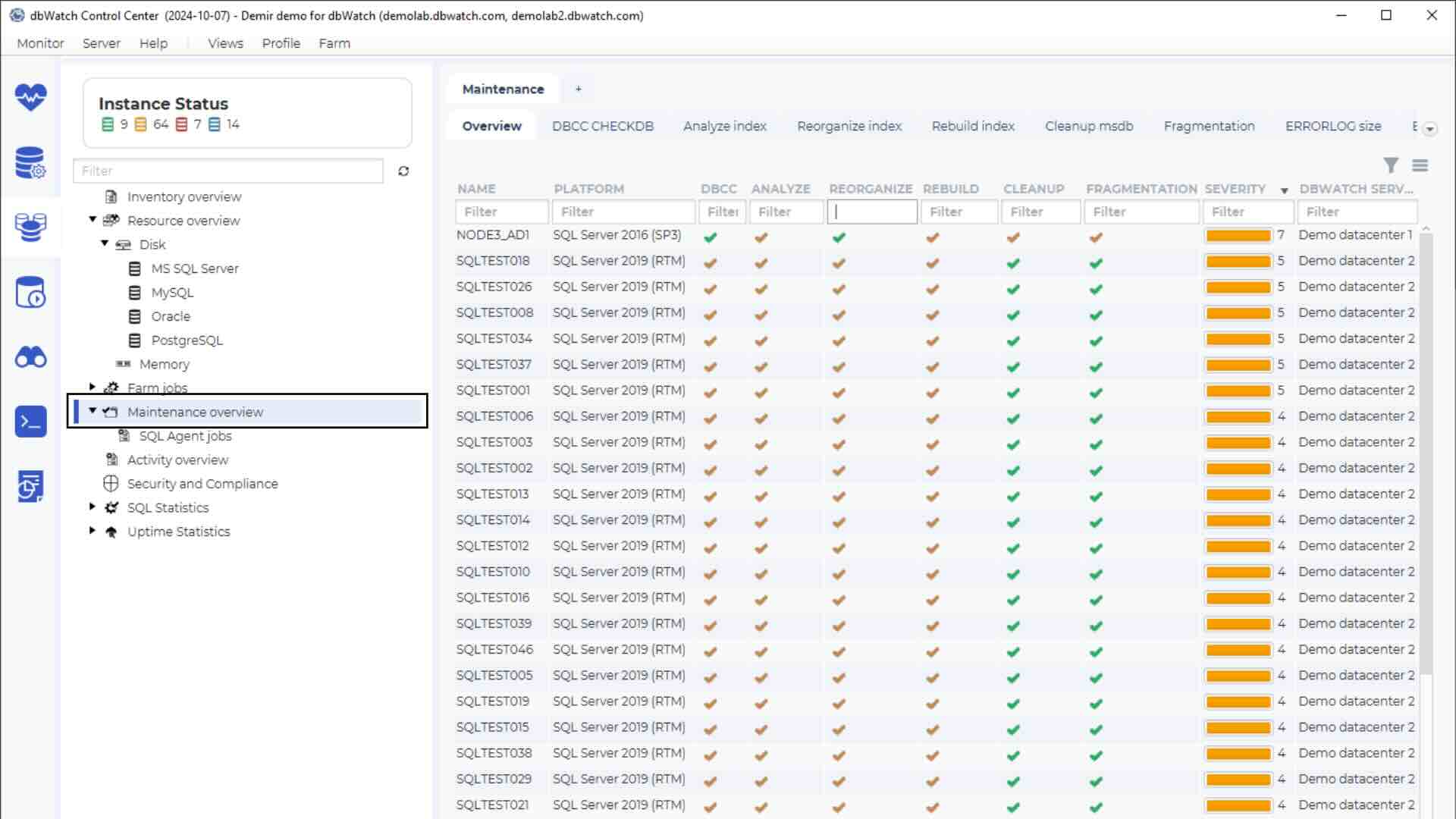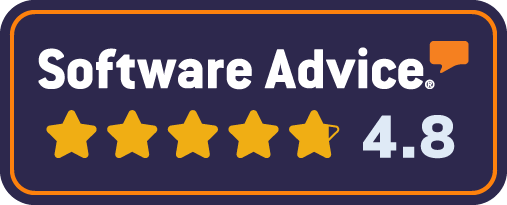Everyone has heard of MySQL. Well, probably not everyone – say, everyone in the development and database monitoring space. Do you ever wonder why?
MySQL is everywhere. The industries that use MySQL as their primary database management system include the automobile industry (think Volvo, BMW, etc.), the fashion industry (think SheIn and the like), the finance industry uses it heavily, it’s prevalent in the education industry.

Do we even need to talk about software developers? In the software industry, MySQL is used even more heavily. We mean, think about it. Have you ever heard of anybody in the industry saying “I know of a software developer with experience who hasn’t heard of MySQL”? Chances are, you did not. And chances are, most developers would laugh at that statement – MySQL is one of the most widely available database management systems.
Most developers more familiar with MySQL probably know of MySQL flavors as well. Well, we’re talking Percona Server and MariaDB – you know the drill. In many cases, those are similar, but they have their own differences as well. In this blog, we are going to tell you how one of those (MariaDB in particular) differs from MySQL.
What’s MariaDB and MySQL?
Believe it or not, this question is one of the popular ones that hiring managers ask junior database administrators. Why? Because that’s a good way to determine if a beginner knows a little of their craft. Most novices think that both MariaDB and MySQL must be the one and the same – and the reason behind that is that they think that MySQL and MariaDB are built to solve the same issue, so the queries that might be run are the same, the way the databases are configured is pretty much the same, it’s just a question of the name.
Ask a junior DBA such a question and you will hear a “the same DBMS, just with a different name” without much consideration. That’s not the ideal answer, though. In reality, MariaDB is a flavor of MySQL. A flavor that comes with many of its own variations of the features available in MySQL.
That’s not to say that MySQL is a bad DBMS though – far from that – it’s just that MariaDB has a set of features not available in MySQL, and vice versa.
MySQL vs. MariaDB
Here are some of the key differences between both of the database management systems so you could better understand how database farm management might work with those:
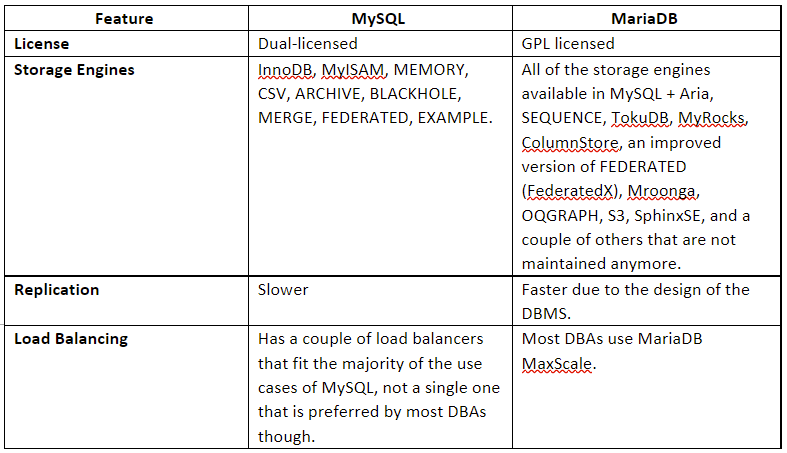
As you can see, the two might not seem too far apart – at least not until you look deeper into them. Many database administrators electing to use MariaDB instead of its counterpart do it because MariaDB comes with a load balancer unique to its own, though that’s not the core reason MariaDB is a competitor of MySQL – the main reason is the fact that MariaDB comes with more storage engines to choose from.
Think about it:
- Is it possible to work with petabytes of data in MariaDB? Yes, but not in MySQL, one should use ColumnStore.
- Is it possible to have a crash-safe MyISAM that’s known for unreliability? Yes, but not in MySQL – one could use Aria.
- Want a read-only storage engine that would store all of its data inside of S3 storage in MySQL? Mission impossible. Turn to MariaDB and use S3 instead.
- Want an actively-developed version of FEDERATED? Turn to MariaDB and use FederatedX, an option not available in MySQL.
Is it Worth Using MySQL?
With all of these unique storage engines available in MariaDB, a natural question arises – should one still use MySQL for daily ops? Shouldn’t MariaDB be the option that is always used, given that it should have more use cases? Isn’t database monitoring more easy on MariaDB? No?
Well, don’t jump to conclusions too quickly. There are a couple of things MySQL doesn’t have that MariaDB does, indeed, but there are a couple of things exclusive to MySQL as well. For example, have you heard of the Enterprise edition of MySQL?
It’s not cheap, but it comes with a nice amout of features including the ability to deliver “hot”, online backups of your databases, Enterprise data masking features to protect your organizations protect your most sensitive data by hiding sensitive data when it’s required, but perhaps two of the most widely known features in this space are the firewall and the audit plugin.
The MySQL Enterprise Firewall protects your MySQL installations from a wide range of cyber security threats including SQL injection. By using the firewall, you can create a “whitelist” (a list of allowed values) of SQL statements and block the rest, monitor the database for unauthorized activity, etc.: that’s one feature MariaDB doesn’t offer, and users who use MariaDB miss out on this subject.
What to Choose?
If you want to weigh your options before choosing, we have good news – it’s not that hard of a choice! If you’re a novice just learning about MySQL, go with MySQL, then transition into MariaDB when you know a little more about the DBMS. If you’re looking to work with big data sets or more advanced features, go with MariaDB, however, if you’re looking for high-level security measures (we’re talking enterprise level here) you’re better off using MySQL.
Neither of those choices are “wrong” though – you can easily switch to MariaDB and vice versa if you get bored or if the feature list doesn’t satisfy you. Moreover, all of the monitoring tools that are available on the market, including dbWatch, let you monitor both database management systems – so you never lose out after choosing one of them.
As far as monitoring goes, though, we have good news – monitoring those two database management systems almost never differs. Seriously – one can improve performance in MySQL in the exact same way that one improves performance in MariaDB, and vice versa.
The reason tools like dbWatch exist is plain and simple, though – it saves you both time and money that you will need when monitoring databases manually. Look at these database jobs: do you think you would have time to keep an eye out on each and every one of them? Not even talking about tens of database instances here.
Tools like dbWatch help you schedule these kinds of database jobs and make sure they always run at the exact time specified – not only that, dbWatch will run your jobs in a proper way, always making sure that they never miss deadlines and do the work that they are supposed to do.
Do you have the time to take care of everything yourself? Chances are, you do not – try dbWatch for free and tell us what you think. We are sure – you will be impressed. Give dbWatch a spin and we will see you in the next one!


